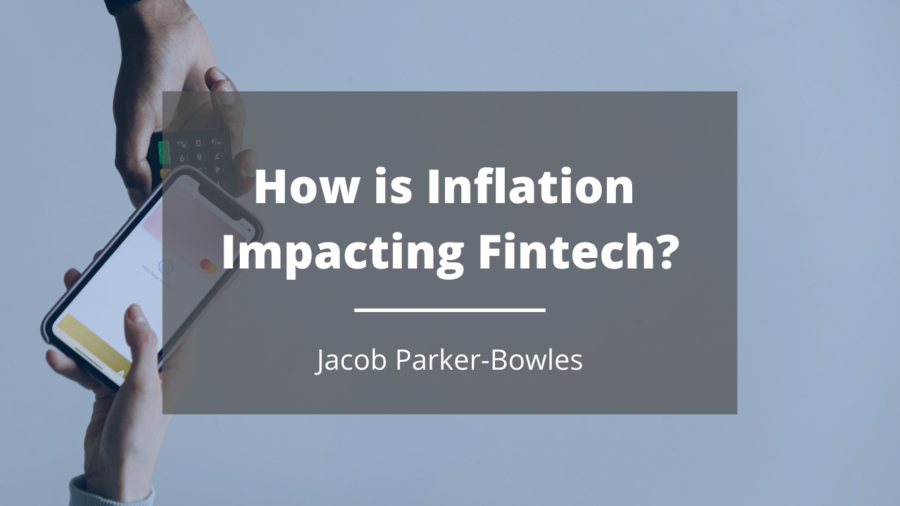More consumers are choosing online fintech over traditional banks and credit unions regarding financial management. The decline in the value of fintech stocks over the past year has been quite steep. This sector includes companies such as digital payments and insurance firms. According to Forbes, a little over 10% of consumers pay for the services of these providers. Most consumers pay for the services of fintechs through monthly subscriptions or membership fees. A third of those aged 21 to 55 subscribe to these services, while only half spend more than $10 a month. Despite the recent market turbulence, driven primarily by runaway inflation and rising interest rates, the decline in the value of financial technology stocks has been considered mild by market observers. However, analysts believe that the sector’s slump is a necessary step to improve the industry’s stability.
The term financial technology refers to various ways financial firms can improve the efficiency and accessibility of their operations by using software. These businesses typically use that technology to automate or adapt traditional financial services. Neobanks are online banks not based on physical branches. Instead, they offer a wide range of financial services through their online platforms. These nonbank neobanks do not have the same broad range of offerings as their traditional counterparts. Many of the founders of financial technology companies are not bankers; instead, they tend to focus on the user experience of their platforms. Most do not have a deep understanding of the financial services industry. One of the main factors that contribute to the profitability of these firms is the transaction fees that they receive when customers use their services. Financial technology’s rapid emergence and evolution has created new opportunities for banks and other financial firms. These businesses are constantly looking for new ways to improve their operations and meet the needs of their customers. Due to this innovation, traditional banks are forced to rethink their approach to operating.
According to a study conducted by Simon-Kucher, the world’s neobanks have a combined population of over 400. Out of the top 25 firms, only two have managed to achieve profitability. These firms typically make less than $30 a customer. The study also noted that the number of neobanks globally has increased over the years. Out of the 400 or so neobanks currently operating, it is predicted that around 300 will not be here for long. The value of financial technology stocks has been declining steadily over the past couple of years. As of 2022, fintech stocks are down around 25% from their peak, underperforming the Nasdaq-100, down more than 26% year-to-date. Financial technology’s rapid emergence and evolution has created new opportunities for banks and other financial firms. However, the flood of new financial technology companies backed by SPACs has all but evaporated. Leaders such as PayPal Holdings, Block Inc., and Robinhood Markets have lost more than 60% of their value since October 2021. One of the main factors that prevent financial technology firms from turning a profit is the vast amount of money they give to their customers. The key to profitability for these firms is to move away from being free and toward being fee-based. The potential of financial technology companies in traditional financial institutions is immense, considering the various sizes of financial institutions in the industry. Aside from being fee-based, financial technology firms can also benefit from the advantages of being backed by banks. With the ability to offer high-interest deposits, traditional banks can compete on a scale most neobanks cannot.


